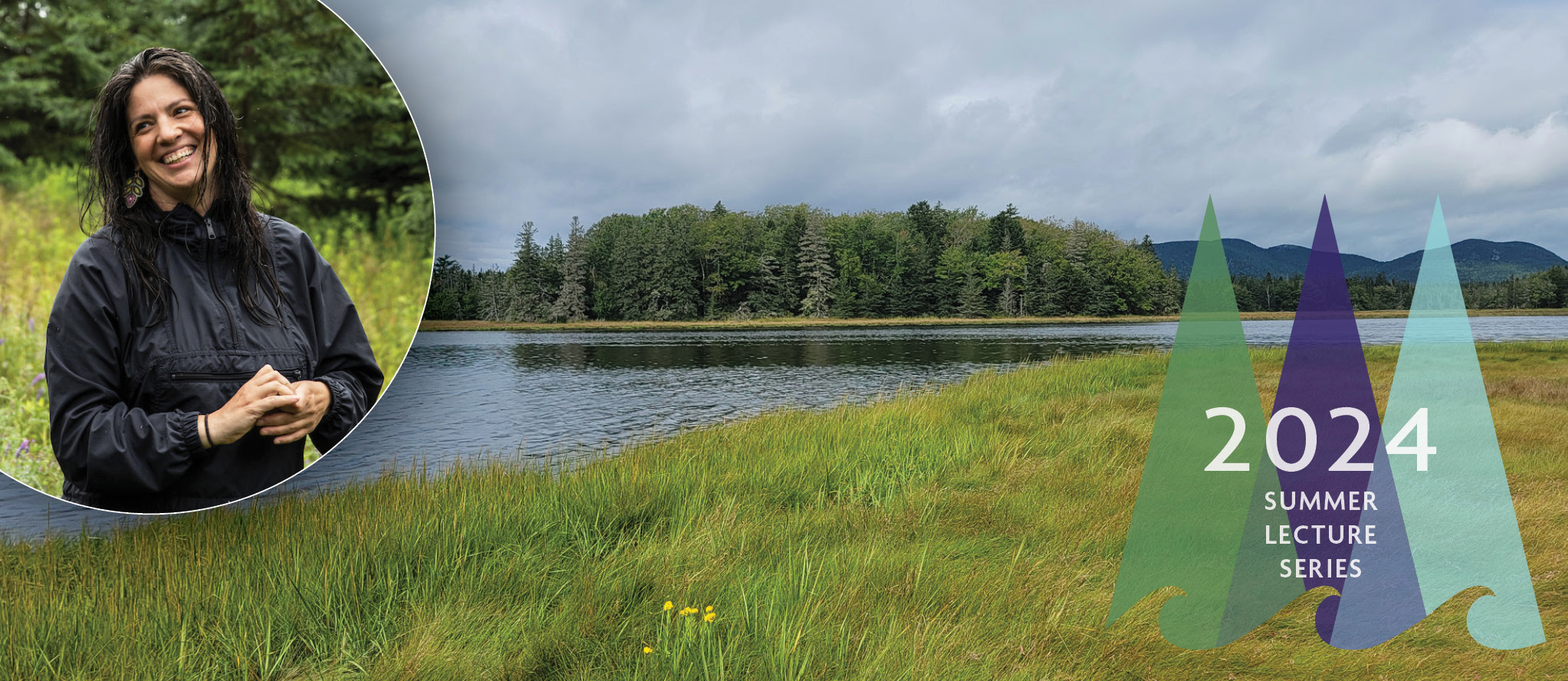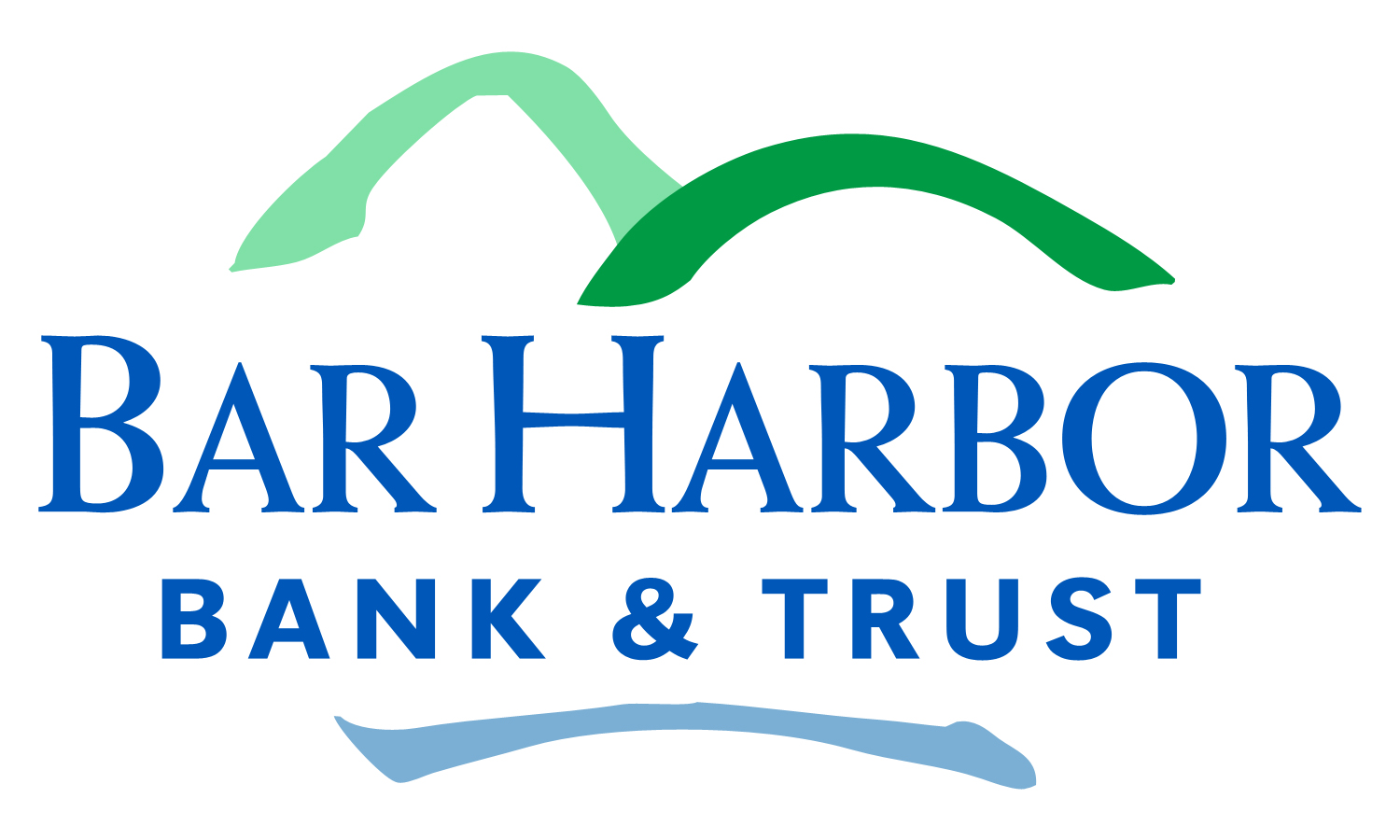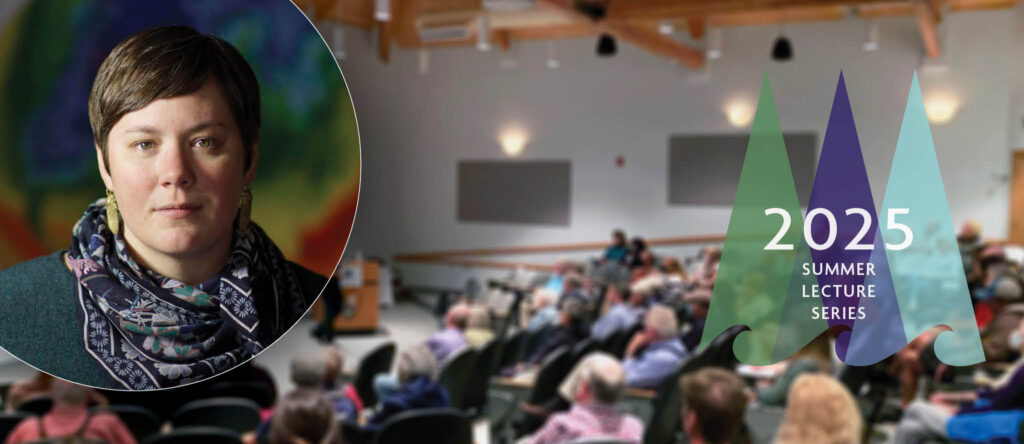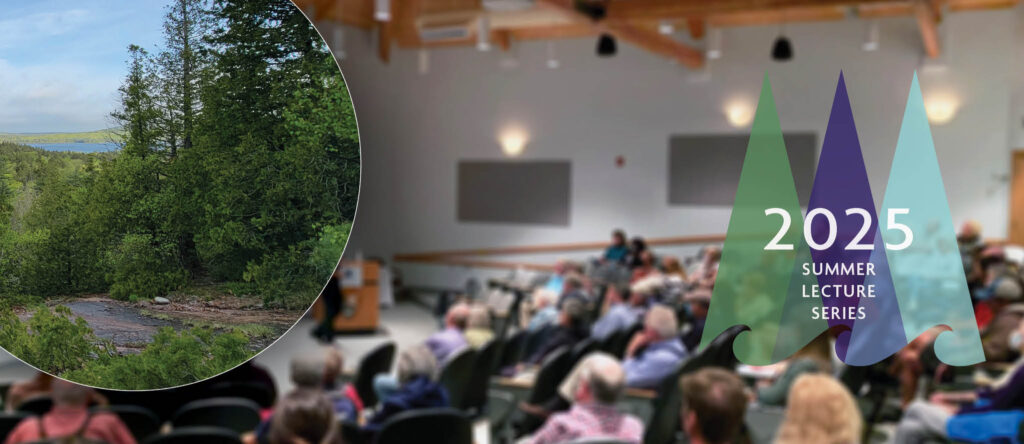
- This event has passed.
Wikpiyik naka Welimahaskil Kehkikemuwakon: Lessons from Co-Production Research with Dr. Suzanne Greenlaw
September 10, 2024 @ 7:00 pm - 8:30 pm

Join us on Tuesday, September 10th at 7:00pm (in-person or online live via Zoom) for a special evening lecture, Wikpiyik naka Welimahaskil Kehkikemuwakon: Lessons from Co-Production Research with Dr. Suzanne Greenlaw.
Scientists increasingly include Indigenous Knowledge through co-production research to provide “novel” responses to climate change, deforestation, species extinction, and ecosystem degradation. Native American scholars express that indigenous people and their knowledge are perhaps now more important for the planet’s sustainability and our future. While scientists are including Indigenous Knowledge within research, there is a call for scientists to recognize how their work can negatively impact Indigenous people. During her talk, Dr. Suzanne Greenlaw will share lessons learned from co-production research with Wabanaki people, Black ash (wikpiyik/Fraxinus nigra), and sweetgrass (welimahaskil/Anthoxanthum nitens).
Free and open to the public, this lecture will take place at Moore Auditorium on the Schoodic Institute campus and online live via Zoom.
Please note, this lecture will not be recorded and will only be available live.
About Dr. Suzanne Greenlaw
Since 2017, Greenlaw has been working with Wabanaki communities in effort to restore Wabanaki sweetgrass (Anthoxanthum nitens) harvesting within Acadia National Park. In this new role, Greenlaw will continue to foster relationships between Wabanaki communities and the National Park Service in developing collaborative research to support Wabanaki plant gathering and mobilize Wabanaki-led priorities within Acadia National Park. Her work at Schoodic Institute will focus on Wabanaki-led restoration of both freshwater and coastal wetlands.
Dr. Greenlaw, a citizen of the Houlton Band of Maliseet Indians, is an Indigenous ecologist, writer, and a traditional harvester focused on supporting Wabanaki land access and re-energizing cultural practices throughout Waponahkik. Her doctoral research at the University of Maine concentrated on creating Wabanaki black ash geospatial tools for emerald ash borer preparedness, and a gatherer-led sweetgrass harvest and stewardship study to address policy requirements for plant gathering. This work is supporting an emergent shared governance approach for monitoring and management of a culturally important species within Acadia National Park.
Schoodic Institute’s 2024 Summer Lecture Series is made possible by our generous sponsor, Bar Harbor Bank & Trust.


